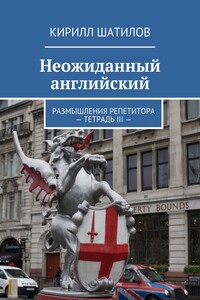Английский язык для юристов. Предпринимательское право | страница 53
Negotiable instruments must be made payable on demand or at a definite time. This requirement makes it possible to determine when the debtor or promisor can be compelled to pay. Without this information, the present value of an instrument cannot be determined.
Demand Paper is an instrument is payable on demand when it so states, or when it is payable «on sight» or «on presentation». The key characteristic of demand instruments is that the holder can require payment at any time by making the demand upon the person who is obligated to pay.
Certainty as to the time of payment of an instrument is satisfied if it is payable on or before a definite date. Instruments payable at a fixed period after a stated date or at a fixed period after sight are also considered to be payable at a definite time papers.
An acceleration clause on the face of an instrument hastens the maturity date. One such example reads, «In case of default in payments of interest (or of an installment of the principal), the entire note shall become due and payable.»
Extension clauses give the maker of a note the opportunity to extend the payment date to a further definite time. For example, a maker may make a note payable in six months but may include the right to extend it to one year without loss of negotiability.
The chief characteristic of a negotiable instrument is its capacity to circulate freely as an instrument of credit. This function is achieved and the intention of the maker (i.e., ease of transferability and payment of the amount indicated to a holder) is expressed by the words to the order of or to bearer. They are called the words of negotiability. Except for checks, instruments not payable to order or to bearer are not negotiable. Law allows checks (but not other instruments) that are not payable to order or to bearer to be negotiable.
An instrument is payable to order when it states that it is payable to the order of any person, i.e., the maker or drawer; the drawee; a payee who is not the maker, drawer, or drawee; two or more payees; an estate, trust, or fund; an office or officer by title; or a partnership or unincorporated association, with reasonable certainty.
An instrument is payable to bearer when it states that it is payable to bearer or the order of bearer, a specified person or bearer, cash or the order of cash, or any other indication that does not designate a specific payee.
Any instrument lacking one or more elements of negotiability, however, cannot be enforced until it is completed. Handwritten terms control typewritten and printed terms, and typewritten terms control printed terms. Words control figures, except where words are ambiguous (capable of being understood in more than one way). The numbering of, or the failure to number, an instrument does not affect its negotiability.



